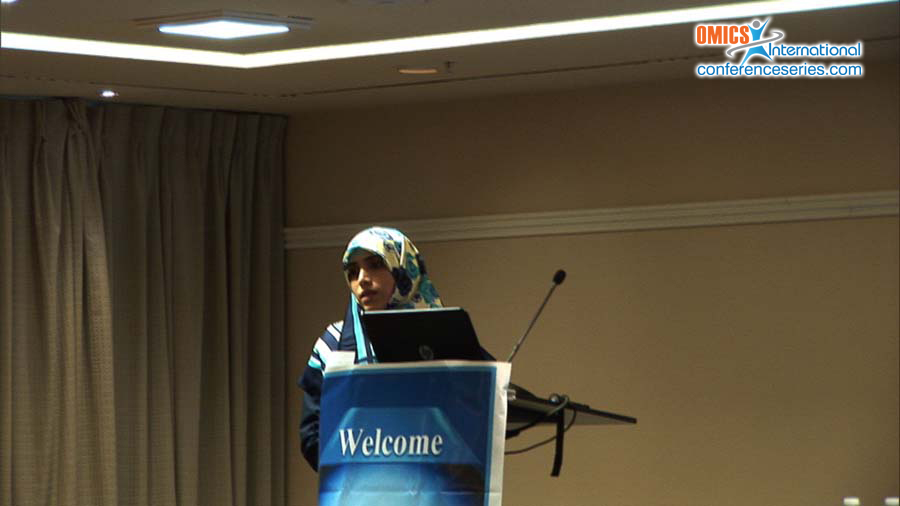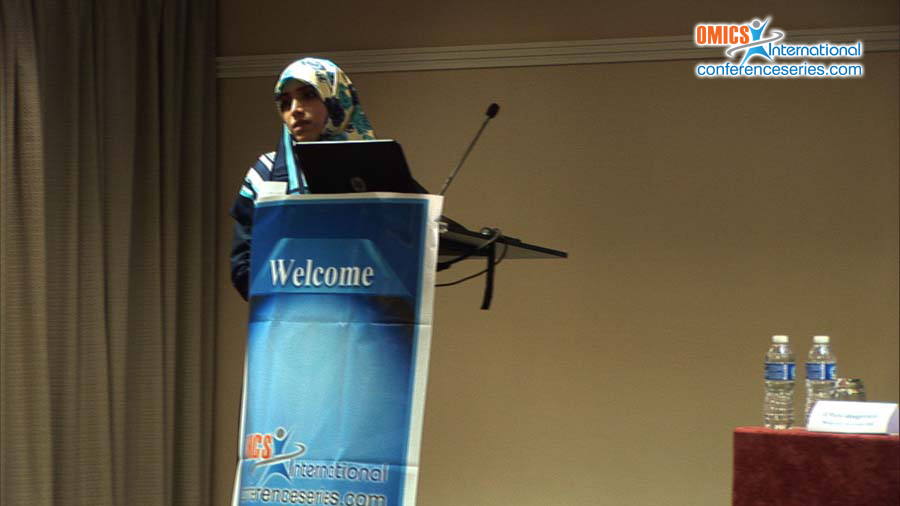
Fatemeh Vafaee
The University of Sydney Australia
Title: Analysis of long non-coding RNAs expression profiles in ovarian cancer-associated fibroblasts
Biography
Biography: Fatemeh Vafaee
Abstract
Ovarian cancer is the most lethal gynaecological malignancy in women. Expression profiling of the high-grade serous subtype has revealed that patients exhibiting a “stromal expression signature” demonstrate the poorest prognosis. However, genetic aberrations in ovarian cancer-associated-fibroblasts (CAFs) are extremely rare, raising the possibility that alternative mechanisms that regulate gene expression, such as long non-coding RNAs (lncRNAs), are present in CAFs. LncRNAs are polyadenylated RNA transcripts that do not encode for proteins, but have shown to be promising markers in tumourigenesis. Therefore, we aim to identify lncRNAs biomarkers expressed in ovarian CAFs. CAFs were laser-capture micro-dissected from 51 advanced-stage ovarian tumours and 10 normal ovaries removed from women for non-cancer reasons. RNA was extracted from the micro-dissected samples and expression analysed using Affymetrix U133-Plus-2.0 Arrays. 2,448 probes previously identified as lncRNAs were used in this analysis. LncRNAs differentially expressed in cancer-versus-normal samples were calculated by empirical Bayes shrinkage of the standard errors and moderated t-statistics were used to assess significance. P-values were corrected using FDR method. 54 lncRNAs were identified as differentially expressed in CAFs based on a significance cut-off of fold-change > 2 and adjusted-p-value < 0.05. These include lncRNAs previously implicated in ovarian cancer (e.g., XIST, H19, and p53-regulated lncRNA TUG1), and several lncRNAs known to play roles in other cancers (e.g., NEAT1, GAS5 and CASC2). Gene set enrichment analysis was then used to identify biological processes enriched by protein-coding genes significantly correlated with a set of differentially expressed lncRNAs. Functional analyses of correlated mRNAs revealed possibility of lncRNA participation in carcinogenesis by regulating protein-coding genes involved in cancer-related biological processes.


